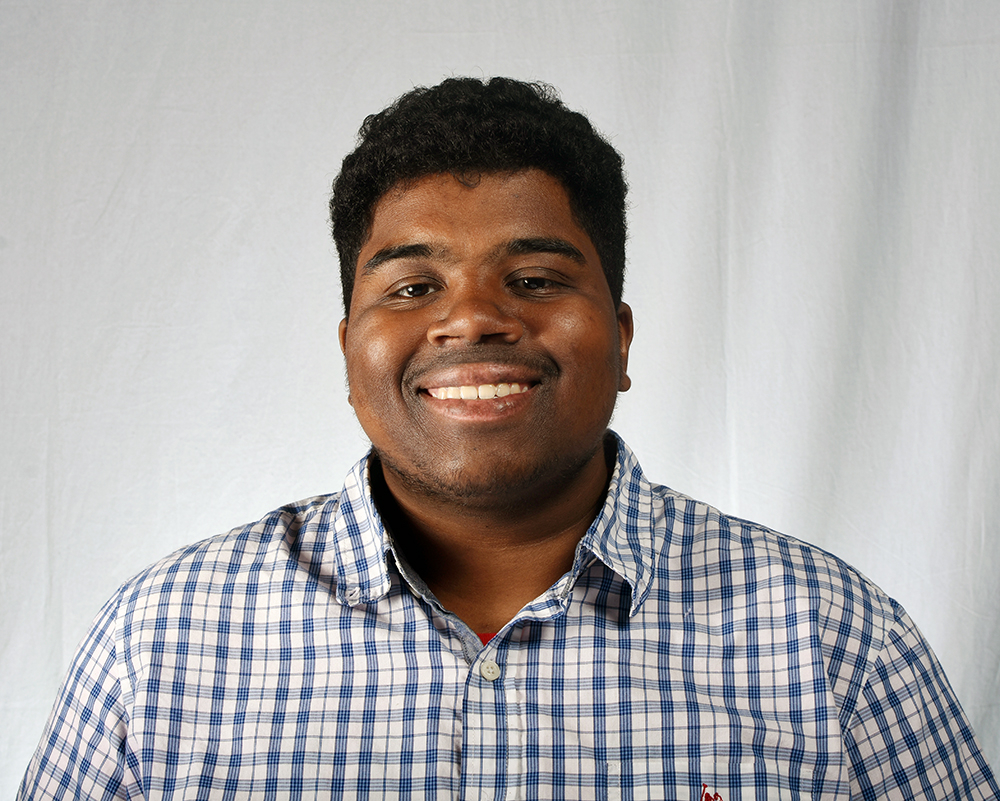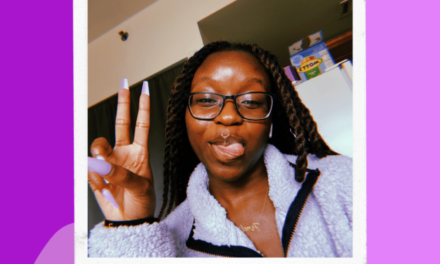Shawn Fredericks | Staff Writer
A famous quote by author Audre Lorde says, ‘Caring for myself is not self-indulgence, it is self-preservation, and that is an act of political warfare.”
Nubian Message used this quote as the cover for our self-care issue because of how much it resonated with my fellow colleagues.
But there is an even more radical action: the act of caring for others.
I want to make it clear now that my point is not to condemn self-care. Instead, I want to build upon the foundation Audre Lorde has laid, and also refute the superficial, white-washed, and ultimately toxic version of self care that is popularized on social media.
When I first heard this quote, I could not help but think about how revolutionary it was for people of color—especially LGBTQIA+ people of color, who often are further excluded and marginalized—to make sure they perform self-care in a world that doesn’t care for them as much as it should.
While I acknowledge self-care is important, there is an old adage that has never failed me: “too much of a good thing.” Self-care in excess can be harmful, as you could become so absorbed with yourself, it will make it difficult for you to interact with others.
You should pour into your cup until it’s full. But once it’s full, pour into someone else.
Dr. Samantha Boardman for her website Positive Prescription wrote an article titled “Is Too Much Self-Care Bad For You” detailing how one of her patients took self-care to an extreme.
“I had a patient, let’s call her S, who became so preoccupied with self-care that it began to undermine her wellbeing. She withdrew from her book club so she could read self-help books on her own. Plus, the group didn’t always choose books she liked so she felt justified in her decisions.”
Boardman continued, “Making herself a priority gave her the license to decline invitations that weren’t convenient or to her liking. She decided not to attend a friend’s birthday dinner because it wasn’t at a vegan restaurant. She privileged “me time” over family time. When her sister came to town for a visit, she barely made time to see her.”
This can be an even more harmful trend for communities of color. As people of color living in America, the mainstream cultural values don’t always align with some of the values within communities of color, making it imperative that communities of color maintain their communal values.
Individualism is a cultural value that is in the foundation of America.
This individualism has grown, taking root in many levels of mainstream American culture. Nowadays, this cultural trend has expanded into digital space with the invention of mobile phones and social media.
This trend was explored in an article in The Atlantic titled “Have Smartphones Destroyed a Generation” by Dr. Jean M. Twenge, who is a professor of Psychology at San Diego State University and author of the book “Generation Me.”
“Millennials, for instance,” wrote Twenge, “are a highly individualistic generation, but individualism had been increasing since the Baby Boomers turned on, tuned in, and dropped out. I had grown accustomed to line graphs of trends that looked like modest hills and valleys.”
The answer for this increase in individualism is for people—more specifically people of color—to become more intentional in taking care of others. The optimist in me would say to do this out of the goodness of your heart; however, I’m not naive.
After reading Dr. Boardman’s article, I want to share that a research article titled “Prosocial Behavior Helps Mitigate the Negative Effects of Stress in Everyday Life,” has found that people who engaged in “other-focused” behavior, such as holding a door, asking someone if they needed help, and lending a hand, reported better moods and lower daily stress levels than those who didn’t engage in helping behavior.
This study, amongst others, have found that things such as compassion and generosity have positive psychological benefits.
As college students, we can start this trend of being more communal right here right now; it would be poetic as we are the Wolfpack. So I encourage everyone reading this article to begin to do more than self-care, to take time to care for another human authentically.
Audre Lorde alluded to self-care is an act of self-preservation and it is. Caring for others, though, is another offensive act of warfare. As people color, we can use our care for others to fight the cultural forces that would otherwise undermine our value of each other’s’ humanity.





